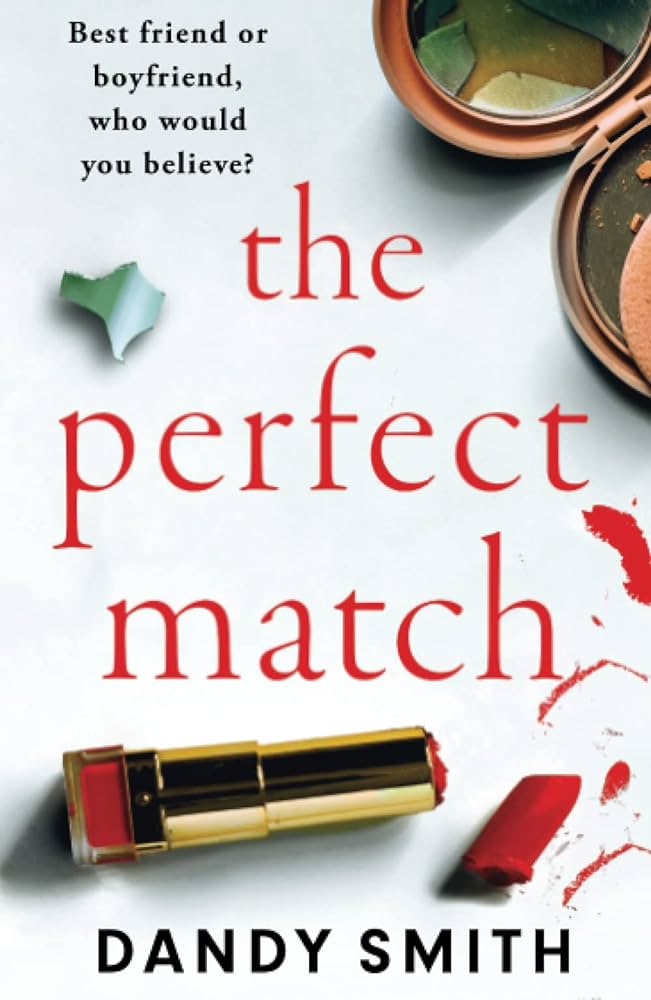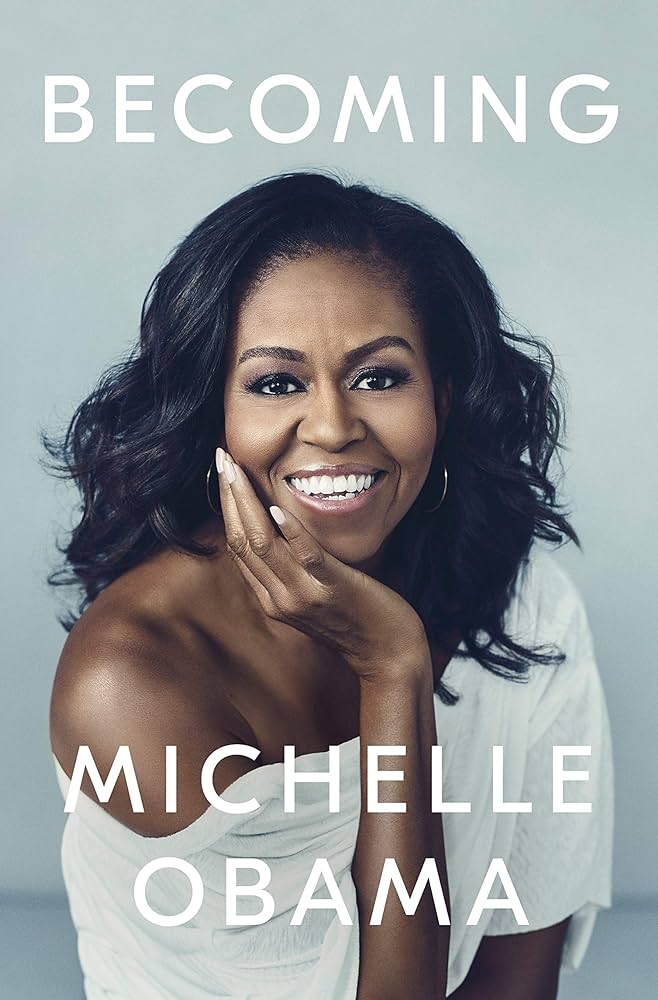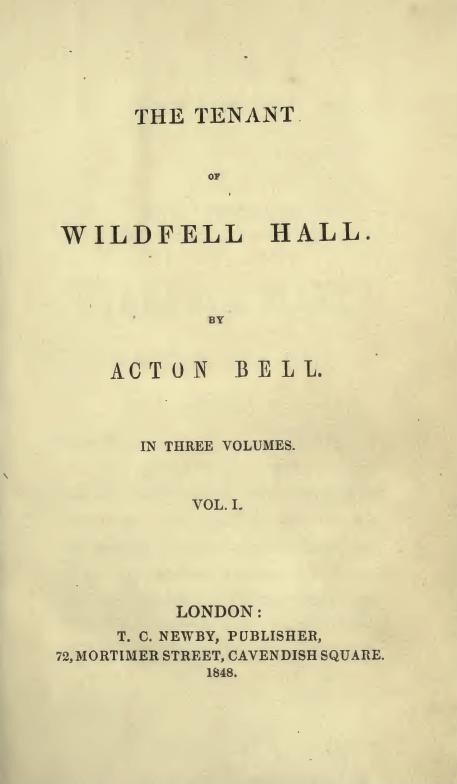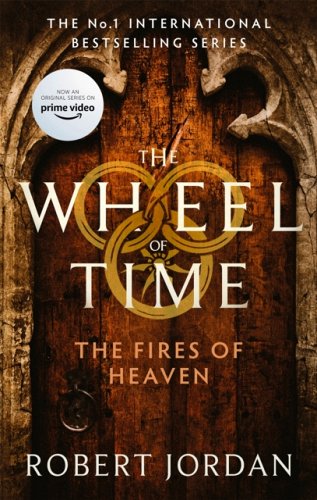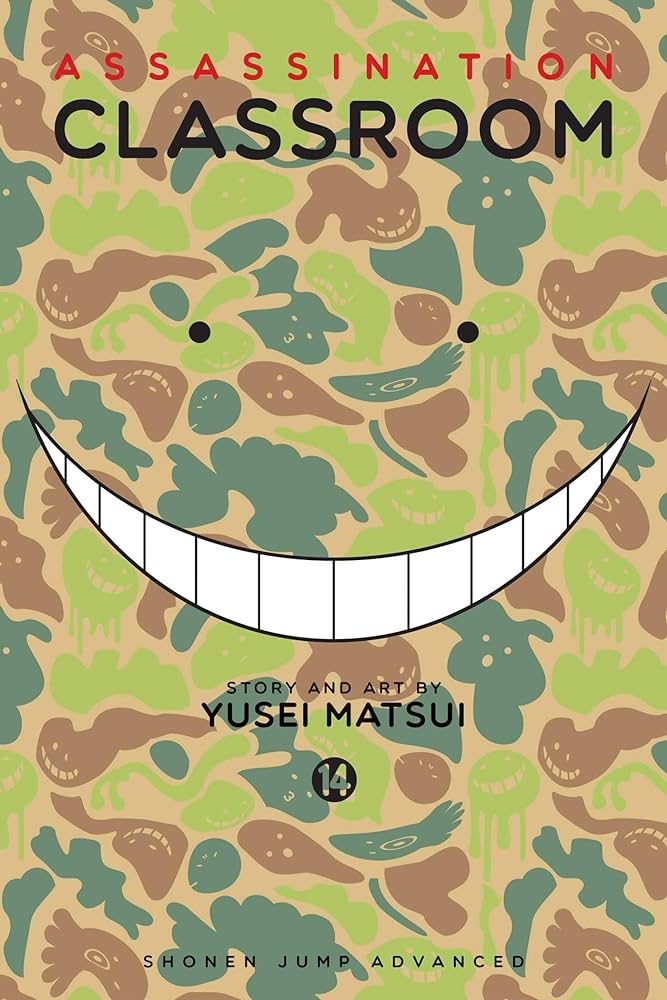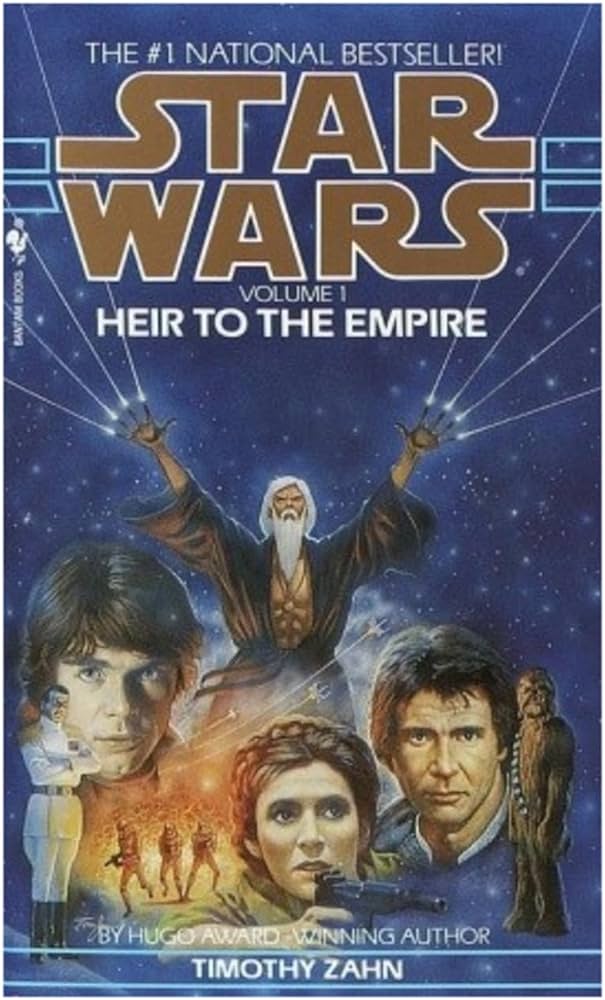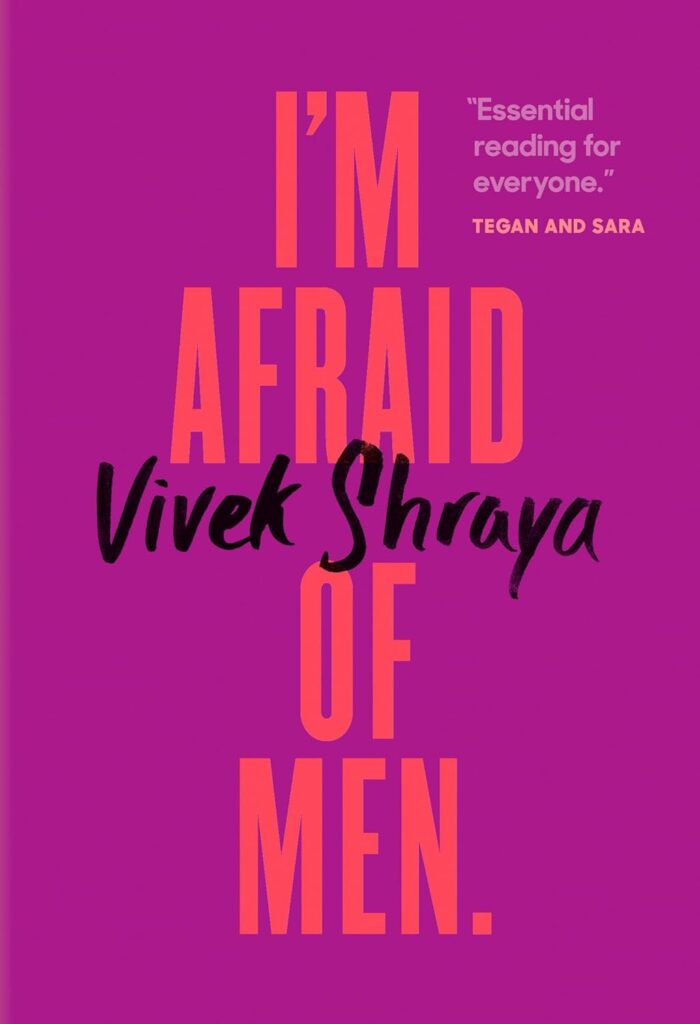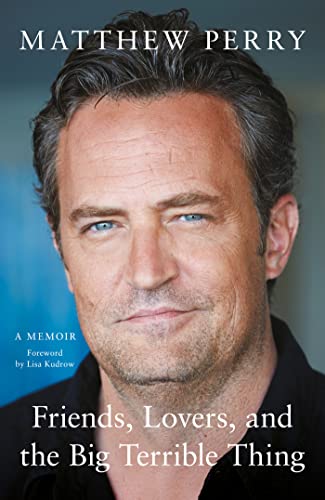I have a complicated relationship with this book, which is fitting, because the author seems to love to write about complicated relationships. On the one hand, it was very much one of those books that had me saying “just one more chapter” because the story was told across lots of shorter chapters (ideal) and they always seemed to end on some kind of cliff hanger or revelation. On the other hand, every character was just so nasty and toxic, that I just found myself getting quite worked up about it sometimes.
The story follows two close friends named Ivy and Zara who are extremely close with one another. I liked this. I’m always pleased when stories show platonic relationships as just as deep and as meaningful and romantic ones – though at the same time, it’s just as toxic as a lot of romantic ones too. Ivy is often very mean and controlling with Zara, and at times I wondered why the two of them were even friends, but it seemed to be born out of Zara’s deep-rooted insecurity.
Something that was frustrating, but also very realistic, was the way that Zara seems convinced that just about everybody is against her. People say thing to her that seem perfectly normal and ordinary, and she’ll have an inner monologue about how it was a disguised slight, and how she’s really upset as a consequence. They’ll then inevitably end up falling out. I know there are a lot of people who do think like that, and it is sad, but it’s stressful to read and you just want to say to her “not everyone is out to get you!”
Then there’s Ivy who is just awful. She’s constantly making nasty comments about other people on all things from the way they look, to their choices in life. She’s so mean-spirited, and Zara always seems to go along with it, in a kind of “she’s saying what we’re all thinking” kind of way, but I think only mean people think the things that Ivy says and it made it very hard to warm to her – though I’ll admit that she has some more noble intensions later on that made me like her a bit more. I guess later it’s more that she looks better because she’s compared to an even worse person.
The third major player in it all is Henry, an arrogant CEO who starts dating Zara. The relationship between these two is just as central to the story as the relationship between Zara and Ivy. Right from the start, Henry is disrespecting boundaries and acting in a really controlling way, but Zara never sees it. This is likely intentional, but gosh, having known several people who have gotten involved with really toxic partners, it was hard to watch it happen here all while Zara is talking about how wonderful he is.
There’s a lot of very serious stuff in this book, and to be honest, I think it went a bit too far as it went on, and started to feel more like melodrama, rather than the more rooted story that it was at the start. It will be very raw for anyone who has experienced these things first or even second hand. It’s basically a book about horrible things happening to horrible people (similar to the author’s first book One Small Mistake – which, fun fact, is set in the same universe) and it makes for a very unique reading experience.
I’d definitely enjoy the book more if every single character wasn’t out to lift themselves up by pushing everybody else down. Or even if there was just one genuinely nice character in the mix, but all of them are just repugnant. I felt bad for them a lot of the time, and maybe that’s the point, to make you feel something for otherwise unsympathetic characters.
And so that’s the conundrum in me – the complicated relationship. I admire it for tackling certain aspects of sexism and misogyny, and I appreciate the realistic portrayal of really unhealthy relationships (even if it gets a little bit over the top towards the end)… but being inside the heads of these characters is genuinely a bit too stressful for me.
On another note, the author describes the ending as being a bit “marmite”. I’m not going to spoil anything, but it ends kind of abruptly. I can see why it was done that way and in my mind, what would have happened next was quite obvious, but leaving it open ended lets the reader decide, and I don’t mind that. As far as marmite goes, I guess I’m one of the people who likes it. It’s the kind of thing that would be fun to discuss with other people who have read it.
All in all, its a book that I do recommend – but only if you have a lot of patience for unkind people. I didn’t like it quite as much as One Small Mistake, which felt a bit more focused in its storyline, but while complicated, I ultimately think that I enjoyed reading it, and think it’s a good book to dissect and analyse with fellow readers.
Rating: 6.7/10

